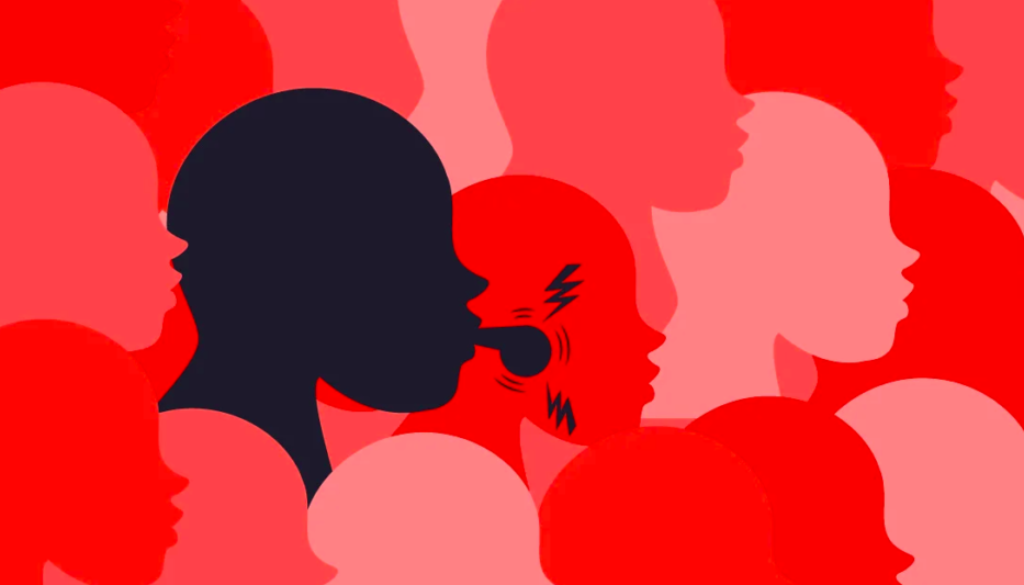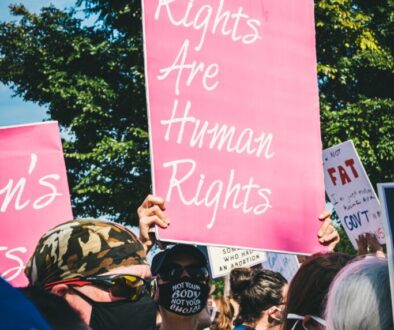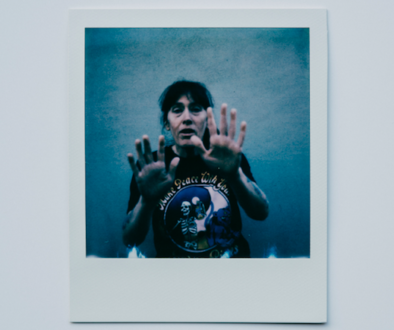Breaking down bystander culture: what is it, and when should you speak up?
What is bystander culture? Essentially, it’s the idea that individual people shouldn’t have to take responsibility for stopping systemic social ills like sexual assault and harassment. Instead, everyone should be responsible for looking out for each other and stepping in when they see something wrong. But does this actually work? And what happens when bystanders don’t step up? In this blog post, we’ll take a closer look at bystander culture and explore the pros and cons of relying on it to address social issues.
What is bystander culture and why should we care about it
We’ve all heard of the bystander effect – when a group of people witnessing an emergency situation are too hesitant to take action for fear of being wrong. The statistic is depressingly common: in most cases, the victim will die when bystanders don’t act. But what about when the victim is a woman? What happens when we see someone being harassed on the street, or experience violence in our own lives? Do we still stand by and let it happen? Too often, the answer is yes. We need to shift our thinking around bystander culture and learn how to be proactive allies for women and girls everywhere.

What is bystander apathy
Bystander apathy is the social psychological phenomenon that refers to the reluctance of people to offer help to a victim when other people are present. The term was first coined by social psychologists John M. Darley and Bibb Latané in 1968, after they conducted a series of experiments that showed that people were less likely to help a victim when there were other people around. Bystander apathy occurs because people assume that someone else will help, or they may be worried about what others will think of them if they do help. In some cases, people may even blame the victim for their own misfortune. Whatever the reason, bystander apathy is a serious problem because it can lead to increased levels of violence and crime. It can also prevent people from offering assistance in emergency situations, which can often mean the difference between life and death.
How to recognise when someone is in need of help
There are a few things to look out for when trying to recognise when someone is in need of help. First, pay attention to their body language. If they seem tense or uncomfortable, it may be a sign that they need assistance. Second, listen to the tone of their voice. If they sound nervous or scared, it could be an indication that they need help. Finally, watch their facial expressions. If they look worried or upset, it may be a sign that they need assistance. If you see any of these signs, it’s important to reach out and offer help. Sometimes, just a simple act of kindness can make all the difference in the world.

What you can do to break the cycle of bystander apathy
One way to break the cycle of bystander apathy is to take action when you see something happening that you don’t agree with. If you witness bullying, for example, speak up and help to stop it. You can also volunteer for causes that you’re passionate about or donate to charities that are working to make a difference. By taking action, we can show others that we’re not going to stand by and watch the world go by – we’re going to do something about it. Another way to break the cycle of bystander apathy is to educate yourself and others about social issues. The more we know about what’s going on in the world, the more likely we are to take action. So read up on the issues that matter to you, talk to your friends and family, and share important resources (like this post hehe).
The consequences of not speaking up
It’s hard to know what to do when you witness something bad happening. Should you speak up? Should you keep quiet? It’s a tough decision to make, and there are consequences either way. If you choose to speak up, you could be putting yourself in danger. The person who is doing something bad might not take kindly to being confronted. On the other hand, if you stay silent, you could be complicit in whatever wrongdoing is taking place. You might also feel guilty or ashamed later on for not saying anything at the time. Ultimately, it’s up to you to decide what is best in any given situation. However, it’s important to be aware of the possible consequences of both speaking up and staying silent.




